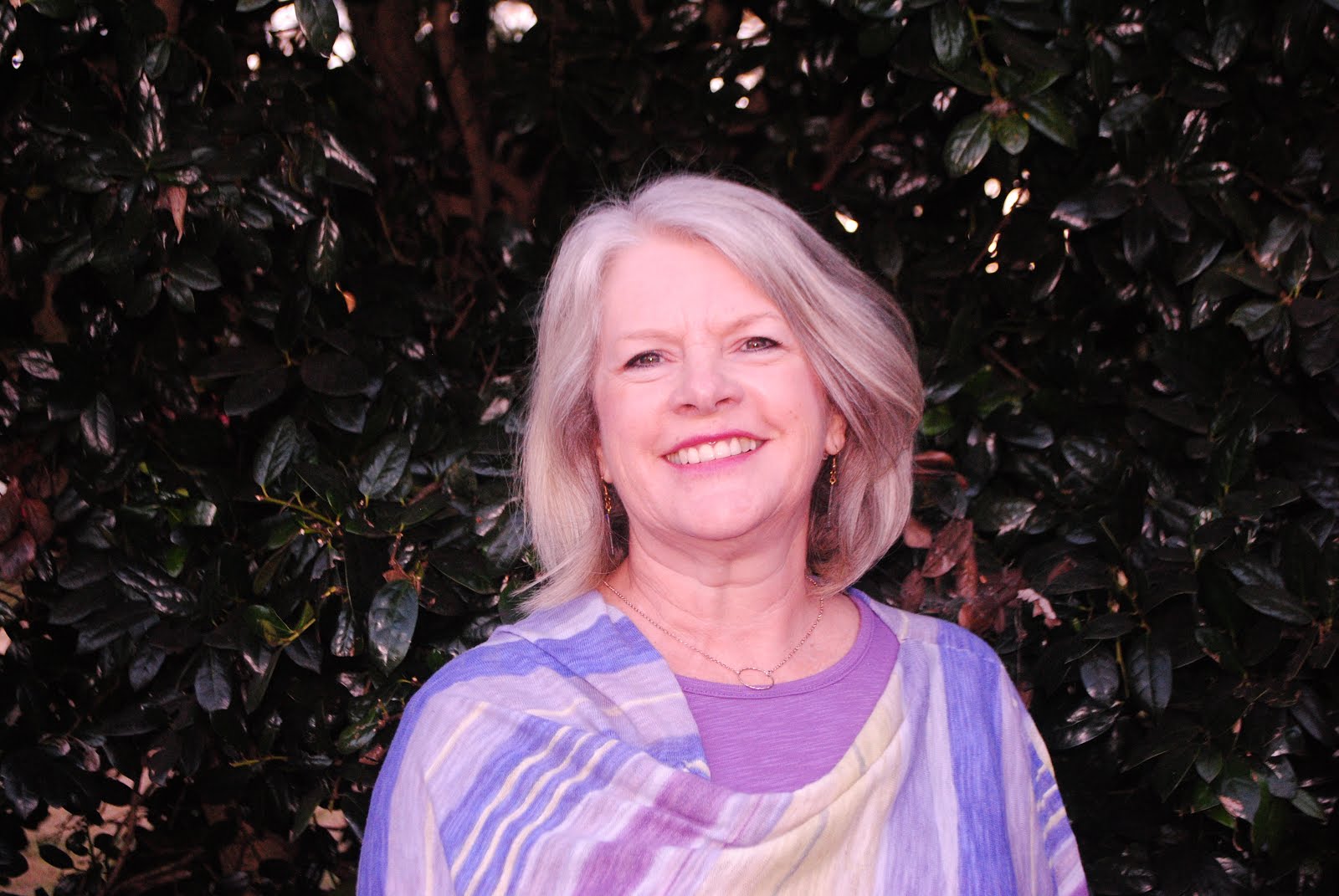Even though I keep a growing list of book recommendations from fellow readers and from the publications I trust, occasionally I happen upon one with no preconceived notions and it's a treasure. Most recently, I came across Pip Williams' novel The Dictionary of Lost Words. The story is set in Oxford across the time period of the publication of the first Oxford English Dictionary. The protagonist Esme has grown up in the Scriptorium, where her father words editing and compiling words, slowly from A to Z as slips pour in from across the English-speaking world.
Anyone who read The Professor and the Madman already knows a little about the process. Williams' fiction, however, gives an inside look against a backdrop of the women's suffrage movement and World War I. Esme, raised by her father after losing her mother early enough that she never knew Lily, is tolerated as she hides beneath the table as her father works, inspecting the shoes of the meant who work there and gathering slips that fall unnoticed to the floor.
She begins to stow treasures in the trunk of Lizzie, the "bondmaid" (one of the almost-lost words) who is also her best friend and trusted confidante, despite their social differences. Esme, whom Lizzie calls Essie Mae, recognizes that "women's words" don't find their way into the dictionary, in part because they are not written--at least not in publications that matter. She starts her own collection.
Williams manages to address gender and class differences without becoming pedantic or preachy. The many secondary characters, including Esme's father and his fellow lexicographers, Edith Thompson (whom Esme calls Dieter), the family friend who writes her father and Esme from Scotland where she works on her own history books while contributing to the dictionary, Tilda, her actress-suffragette friend and her brother Bill who show her another side of the world, and finally, Gareth, the compositor who wins her heart before heading off to the battlefield.
Williams' novel achieves what historical fiction writers should hope for--a sense of time travel. She brings her readers into a time and place where her fictional characters interact with historical figures (the OED's Murray and Thompson) to shed light on the past.






